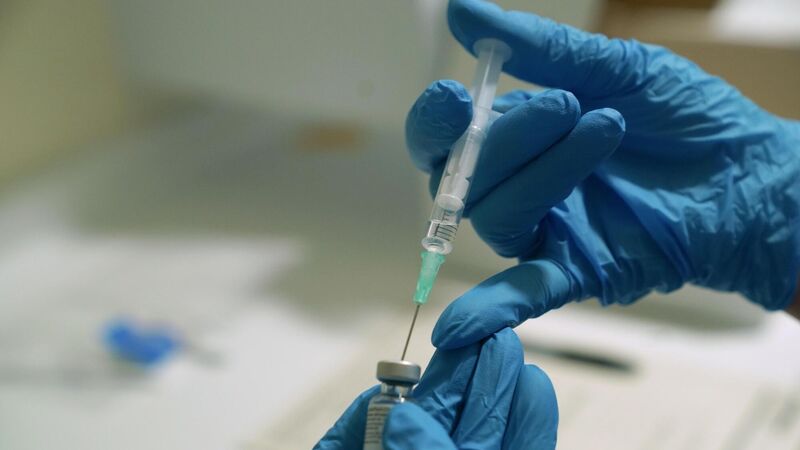Covid-19 vaccine: Redress scheme recommended for extreme reactions to jab

A redress scheme for those who suffer extreme reactions to the Covid-19 vaccine is still being developed, the Oireachtas Health Committee will hear today.
A redress scheme for those who suffer extreme reactions to the Covid-19 vaccine is still being developed, the Oireachtas Health Committee will hear today.
The opening statement to the committee from Professor Karina Butler, a consultant paediatrician and chair of the National Immunisation Advisory Committee, notes that such a scheme has been recommended by the World Health Organization ().










